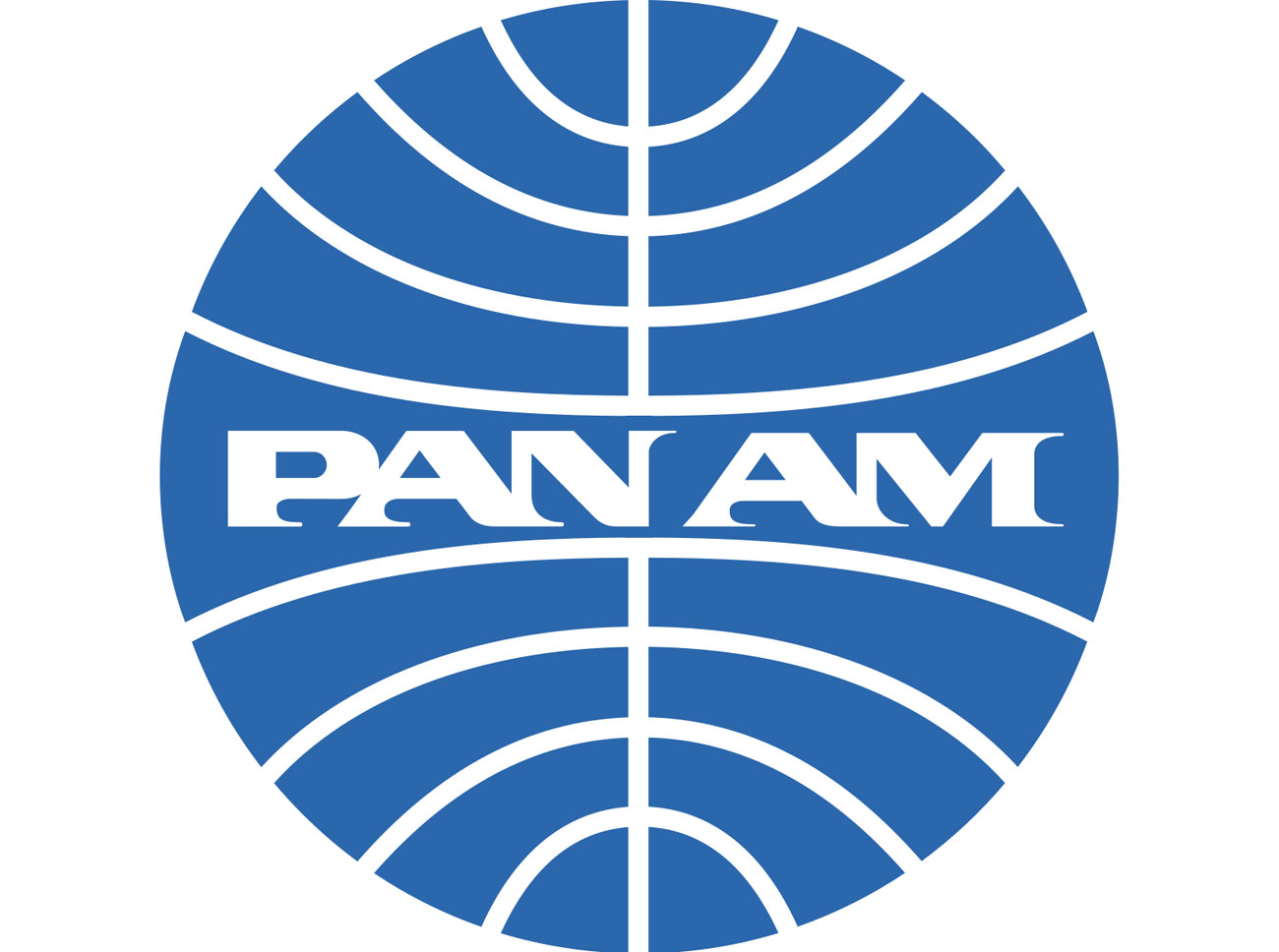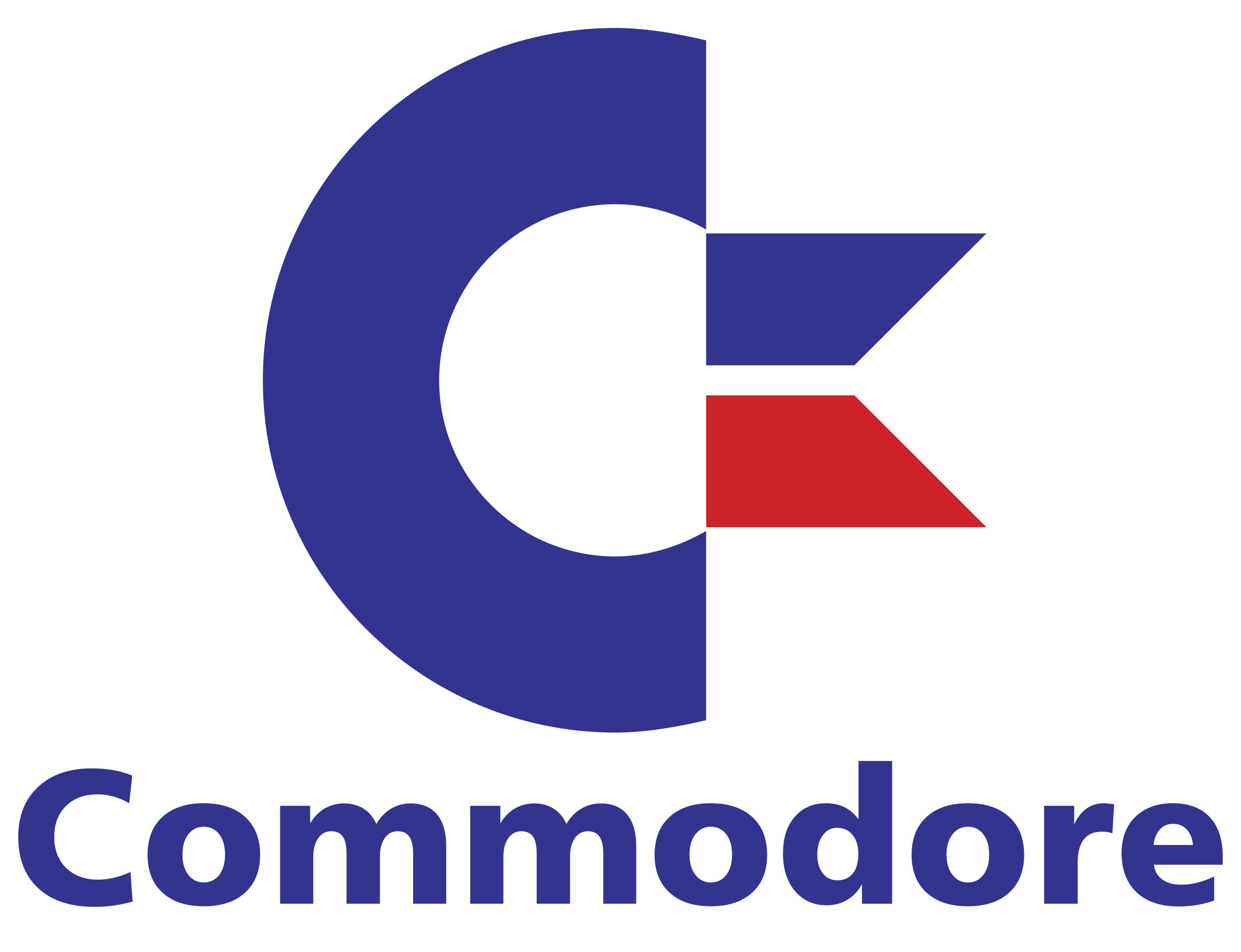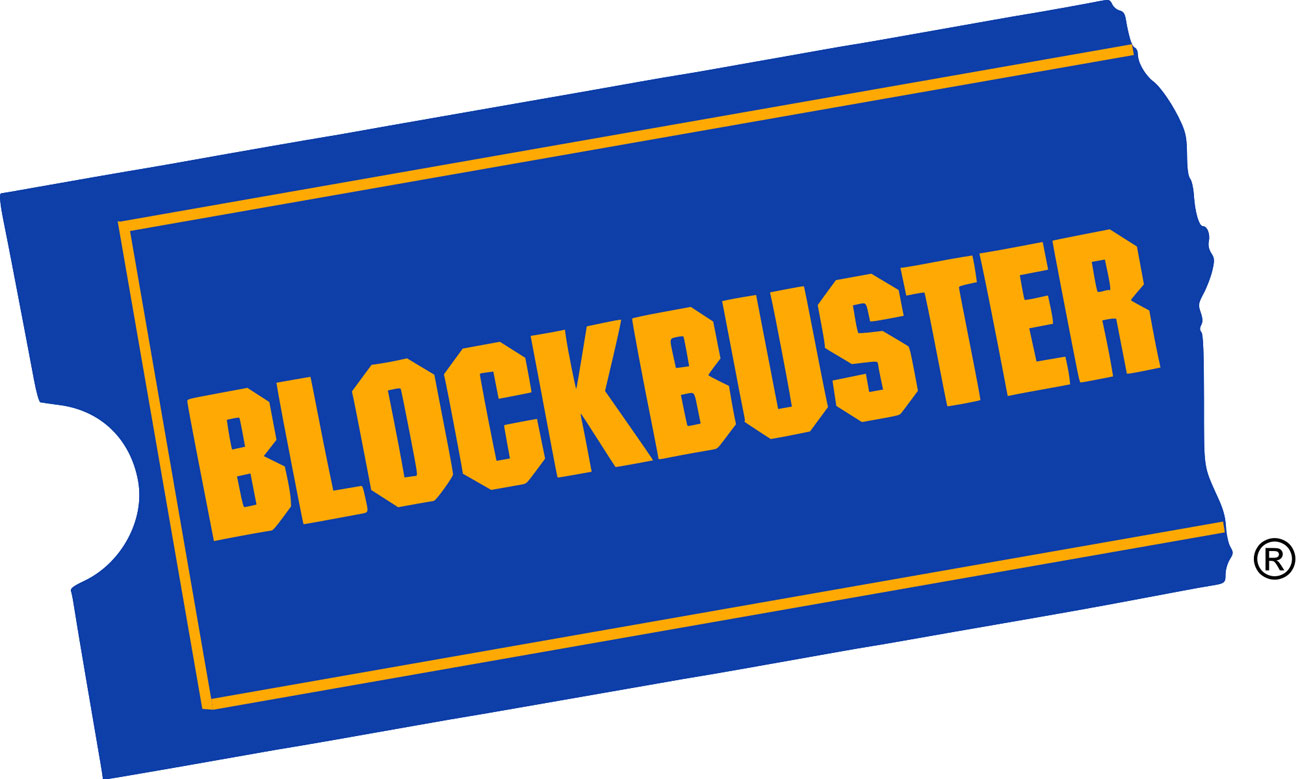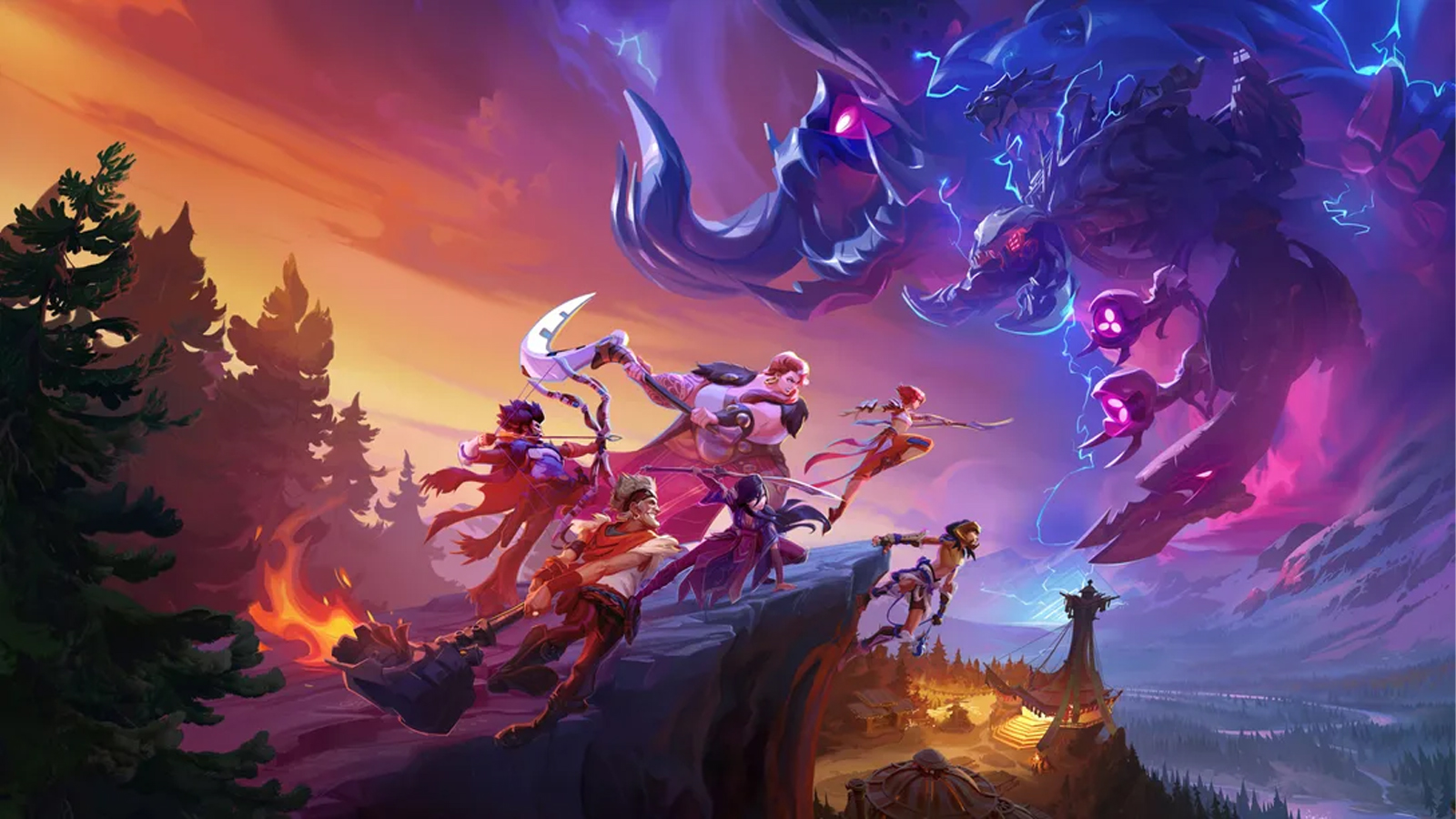5 massive brands that are no longer with us
Think that some brands are too big to fail? Think again.
Daily design news, reviews, how-tos and more, as picked by the editors.
You are now subscribed
Your newsletter sign-up was successful
Want to add more newsletters?

Five times a week
CreativeBloq
Your daily dose of creative inspiration: unmissable art, design and tech news, reviews, expert commentary and buying advice.

Once a week
By Design
The design newsletter from Creative Bloq, bringing you the latest news and inspiration from the worlds of graphic design, branding, typography and more.

Once a week
State of the Art
Our digital art newsletter is your go-to source for the latest news, trends, and inspiration from the worlds of art, illustration, 3D modelling, game design, animation, and beyond.

Seasonal (around events)
Brand Impact Awards
Make an impression. Sign up to learn more about this prestigious award scheme, which celebrates the best of branding.
A strong brand can feel like an immortal entity; something that will be with us forever. When you think of brands such as McDonald's, Apple or Coca-Cola, it feels inconceivable that they should ever fail. They're simply too big, too all-encompassing to ever go the way of lesser competitors.
The reality of the matter, though, is that even the biggest brands, the most recognisable household names, can fall. Sometimes an apparently unassailable name is concealing an overstretched and mismanaged business that's teetering on the brink of collapse, sometimes market forces or the march of progress simply drive a powerful brand into the ground, and there's nothing that the greatest logo design or most brilliant brand strategy can do about it.
Some brands basically come to the end of their relevance. And as a salutary memento mori, here are five that were once thought immortal, but which are now no more.
01. Pan Am

When Stanley Kubrick was making his film of 2001: A Space Odyssey and needed a recognisable name to attach to commercial space flights, there was only one choice: Pan Am. Pan American World Airways dominated air travel for much of the 20th century, its iconic blue 'meatball' logo recognisable wherever it flew – which was pretty much everywhere. Its innovative advertising campaigns helped sell air travel to the masses, and in the 1960s it even started accepting deposits for flights to the moon, expecting its first departures to be around 2000.
No wonder then that the spaceplanes in 2001 sport Pan Am livery; Pan Am adverts also show up in its sequel, 2010, and also in Blade Runner. However, Pan Am never even made it to the year 2001; after a terrible few years that saw it beset by troubles including the 1988 Lockerbie bombing and the first Gulf War, Pan Am filed for bankruptcy in 1991. Its only surviving division is the Pan Am International Flight Academy in Florida.
02. Thames Television
As a leading part of the ITV network from the late 1960s to the early 1990s, Thames Television had one of the most recognisable idents in British TV, designed by Minale Tattersfield, consisting of a vignette of London landmarks rising out of the middle of the screen, its reflection below, and accompanied by an eight-note fanfare entitled Salute to Thames.
There was no getting away from that Thames ident; it preceded many of the top TV programmes of that era. You'd see it before shows such as The Sweeney, The Avengers and Minder, and it even showed up once on the BBC, at the start of an episode of Monty Python's Flying Circus.
Daily design news, reviews, how-tos and more, as picked by the editors.
Despite its strong brand identity, Thames lost its broadcasting franchise in 1991, and while it still exists as an entertainment label of Fremantle media, the name no longer has the weight that it carried in its golden age.
03. Woolworths

Woolworths used to be one of the biggest names in UK retail. Anywhere you went you could count on there being a branch of Woolworths, complete with its functional white-on-red logo, selling all manner of items at reasonable prices. Its blockbuster Christmas ads were a staple of festive television throughout the 1970s and 1980s.
It was the place to go for 80's kids in search of seven-inch singles and 'pick-n-mix' sweets, and it was also known for its own Winfield brand of household goods as well as its Ladybird range of children's clothes. While it was never remotely cool or on-trend, it was one of those dependable high street fixtures that you expected to always be around.
However as one of the country's top music retailers, it was hit hard by the rise of digital formats, and the decline of the high street in favour of online shopping and out-of-town locations did Woolworths no favours. It took the 2008 financial crisis to finish Woolworths off; its last stores closed at the beginning of 2009.
04. Commodore

We're all accustomed to having multiple computing devices in the home, not to mention our pockets, these days, but back in the 1970s and 1980s the idea of having your own computer was only just starting to take off, thanks to a handful of pioneering companies, most of which are now long gone. Everyone knows Apple, which was there at the start of the home computer age, but arguably the biggest name in the early days of home computer was Commodore.
It introduced the PET, the first mass-market home computer, in January 1977 – six months before the Apple II went on sale – and went on to dominate the market in 1980s, firstly with the VIC-20, followed by the hugely successfully Commodore 64, a heavyweight beast of a machine with a whole 64 kilobytes of memory, which sold somewhere between 10 and 17 million units over its lifetime.
While Commodore's next machine, the Amiga, proved almost as popular as the C64, Commodore was unable to survive the rise of games consoles and ever-cheaper IBM PC-compatible machines, and it went out of business in 1994.
05. Blockbuster

Another victim of the relentless march of technology, Blockbuster is one of those brands that you couldn't imagine ever going under back in the 1990s. Video rental was a massive market back then, and Blockbuster was its undisputed champion, with over 9,000 stores worldwide at its peak.
The idea of going into a store and renting a film on videocassette for a couple of nights might seem weird and alien now (although given the retro revival of vinyl and tapes we wouldn't be the tiniest bit surprised to see VHS make a nostalgic comeback), but back then that was how you watched the latest films at home, at least if you didn't want to fill all your shelves with chunky shop-bought videotapes.
Blockbuster managed to weather the shift to DVD and Blu-Ray, but failed to anticipate just how quickly streaming would take over, and while it took a late run at its own streaming service, it was a half-hearted effort that didn't last long. Today Blockbuster is all but dead, with just one remaining store in Bend, Oregon.
Related articles:

Jim McCauley is a writer, performer and cat-wrangler who started writing professionally way back in 1995 on PC Format magazine, and has been covering technology-related subjects ever since, whether it's hardware, software or videogames. A chance call in 2005 led to Jim taking charge of Computer Arts' website and developing an interest in the world of graphic design, and eventually led to a move over to the freshly-launched Creative Bloq in 2012. Jim now works as a freelance writer for sites including Creative Bloq, T3 and PetsRadar, specialising in design, technology, wellness and cats, while doing the occasional pantomime and street performance in Bath and designing posters for a local drama group on the side.
